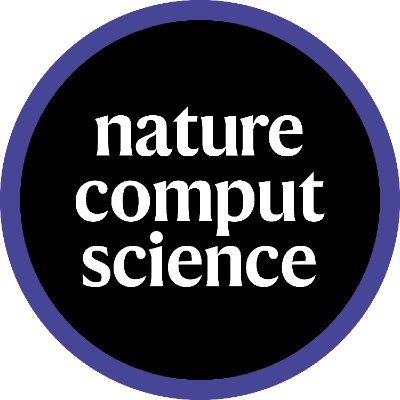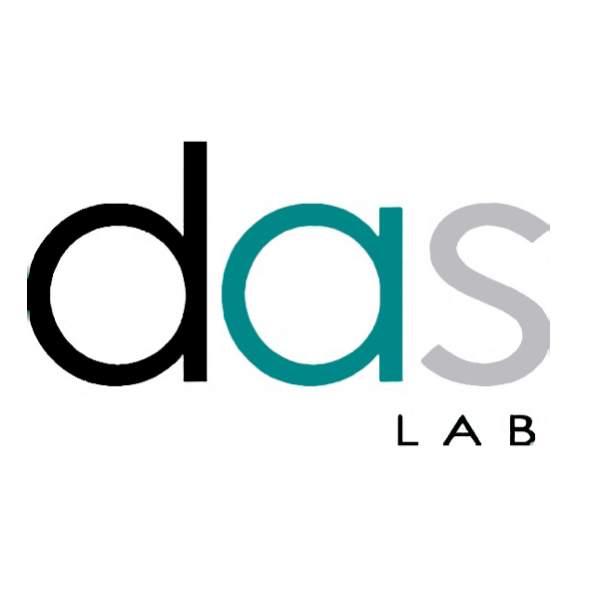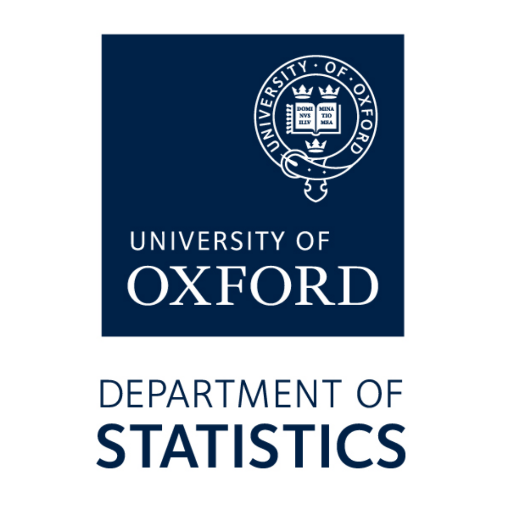
Alissa Hummer
@AlissaHummer
Followers
1K
Following
2K
Media
19
Statuses
339
@SchmidtFellows | Postdoc @Stanford | Prev @UniofOxford @MRC_LMB @Cambridge_Uni @NucleateHQ || AI+Bio 💻🧫
Joined July 2020
Our paper on generalizable antibody-antigen binding affinity prediction has been featured on the cover of the August Issue of @NatComputSci! 📔🎉
🚨Our August issue is now live and includes research on antibody-antigen binding, molecular screening for zeolite synthesis, psychological experiments with LLMs, and much more! https://t.co/Hi4HjAXndD
2
8
52
Structure - > sequence models have different phylogenetic (and biochemical) preferences than protein language models. @OllyMCrook
2
12
73
Assessment of blind 3D structure modeling of #RNA and nucleic acid complexes now out in the #CASP16 special issue, led by @RachaelKretsch. We hope this benchmark, paper, metrics, and expert baselines drive much-needed progress by #CASP17 (May 2026)!
onlinelibrary.wiley.com
Consistently accurate 3D nucleic acid structure prediction would facilitate studies of the diverse RNA and DNA molecules underlying life. In CASP16, blind predictions for 42 targets canvassing a...
1
5
20
I am delighted to share this work, led by Miguel Alcantar and done in collaboration with Amgen, on the OrthoRep-driven evolution of computationally designed minibinders. Here, we focus not only on getting to high affinity, but also on mapping sequence-affinity landscapes of
biorxiv.org
Computational protein design enables the generation of binders that target specific epitopes on proteins. However, current approaches often require substantial screening from which hits require...
2
21
118
OpenFold3-preview (OF3p) is out: a sneak peek of our AF3-based structure prediction model. Our aim for OF3 is full AF3-parity for every modality. We now believe we have a clear path towards this goal and are releasing OF3p to enable building in the OF3 ecosystem. More👇
2
65
215
Announcing our new protein design server https://t.co/uu4co1sHhq: • End-to-end protein design for everyone! • Analyze your generated library interactively and on 3D structures • Export codon-optimized DNA sequences for experimental testing. Developed in collaboration
3
78
377
AI models show promise for accelerating antibody drug discovery but can fall short in testing. Research from @OPIGlets, published in Nature Computational Science highlights the need for larger, and more diverse datasets for reliable prediction. 👉 https://t.co/KIYywJ2Q2Q
0
4
7
We're so excited to welcome our 2025 Fellows to Oxford for their first Science Leadership Program convening. And for 2025 Fellow @AlissaHummer, it is a homecoming! Our 2025 Fellows' stories and our Science Leadership Program exemplify our mission.
schmidtsciencefellows.org
As we welcome our 2025 Fellows to Oxford for their first Science Leadership Program convening, we profile Alissa Hummer, who will be returning to familiar ground. With a PhD in machine learning from...
0
1
11
Immensely grateful to the Schmidt Science Fellowship, my mentors, and all the wonderful & inspiring people I have worked with over the past years.
0
0
2
Excited to be pivoting from molecules to cells for my Schmidt Science Fellowship, advised by @Prof_Lundberg and @WahChiu1! I’m looking forward to building ML models that better reflect how molecules & cells look in real life 🔬
We're so excited to welcome our 2025 Fellows to Oxford for their first Science Leadership Program convening. And for 2025 Fellow @AlissaHummer, it is a homecoming! Our 2025 Fellows' stories and our Science Leadership Program exemplify our mission.
1
1
61
The results are in: top codes in Stanford #RNA 3D Folding @kaggle are competitive with CASP16-leading humans Vfold, beat AlphaFold 3. Top team’s trick was template-based modeling, not #DeepLearning. Congrats: john, odat, Eigen, + all 1706 participants! https://t.co/EgzN3DTKNe
1
14
76
🚨 We’re hiring! The OPIG group is looking for multiple postdocs to join OpenBind, an open science initiative generating foundational structural biology data to power the next era of AI/ML for drug discovery. https://t.co/nCRTFuqadT
https://t.co/ShjU5gOul8
2
5
18
Please apply to our tenure-track faculty position at @Stanford_ChEMH! We are searching for a new colleague working at the interface between computation and molecular sciences. See post below and pls forward widely! https://t.co/MPJ6yvTiPl
chemh.stanford.edu
0
9
33
Announcing our FIRST AI competition: Antibody Developability Prediction Ginkgo Datapoints and @huggingface are teaming up to create the first open benchmark for AI-driven antibody developability modeling, with up to $60k in prizes.
1
38
176
Science delivers medicines, clean air and water, safe food, and smarter choices—saving billions of lives. Proposed cuts to @NIH and @NSF would shutter labs, stall new cures, hurt our economy, and send future scientists elsewhere. Hear from patients saved by science:
youtube.com
12
107
387
Our first pandemic preparedness database, Pox-AbDab, is now available! We present sequence, structural & functional data on antibodies and nanobodies that bind/neutralise orthopoxviruses: DB: https://t.co/5QnYw31zdJ Preprint: https://t.co/VUCKEpqa4z Work led by Henriette Capel
biorxiv.org
In August 2024, the World Health Organisation declared the mpox orthopoxvirus to be a Public Health Emergency of International Concern for the second time in three years, emphasising the need for...
0
6
14
0
0
1
More information about the paper:
Our work exploring the ability of and requirements for ML to predict the effects of mutations on antibody–antigen binding affinity (ΔΔG) is out now in @NatComputSci!
1
0
0
🚨Our August issue is now live and includes research on antibody-antigen binding, molecular screening for zeolite synthesis, psychological experiments with LLMs, and much more! https://t.co/Hi4HjAXndD
1
2
28


















